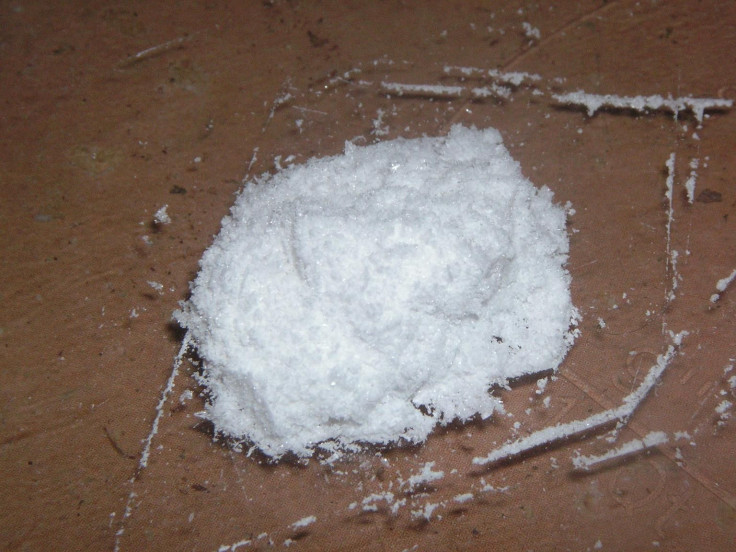'Special K' Ketamine Might Help Treat Severe Depression

Minor studies have shown that a mix of ketamine drug therapy and electroconvulsive therapy (ECT) can give faster results for severe depression treatments.
Researchers at the University of Manchester are coordinating a study to prove these effects on a larger scale in hopes of having these treatments used in clinical practices. While proven effective in treating depression, ECT treatments have also had cases of severe side effects such as long-term memory loss, confusion, and impaired cognitive function.
"ECT is the most effective treatment we have for severe and Treatment Resistant Depression - but it can cause cognitive and memory difficulties as a side-effect," said Ian Anderson, head of biological research on mood disorders at the University of Manchester.
ECT, formerly known as electroshock therapy, has been a practice used to treat various psychiatric illnesses since the 16th century. Speculatively, if combined with ketamine, the adverse side effects could potentially decrease or even disappear.
Ketamine is used in common medical practice to induce general anesthesia. Also known by its street name "Special K," it is often time used as a recreational drug. When improperly used, it produces as dissociative state with hallucinatory effects and feelings of euphoria. According to the National Institute on Drug Abuse (NIDA), ketamine can have addictive effects and eventually be lethal.
Researchers are hopeful that these trials will prove the therapeutic benefits that have been found in their studies.
"It's a great opportunity to really study ECT and see how we can improve it," said Anderson.
Jo Lowe, project manager for this study, has started recruitment for 160 participants for the clinical trials. The project is being funded by Medical Research Council (MRC).



























